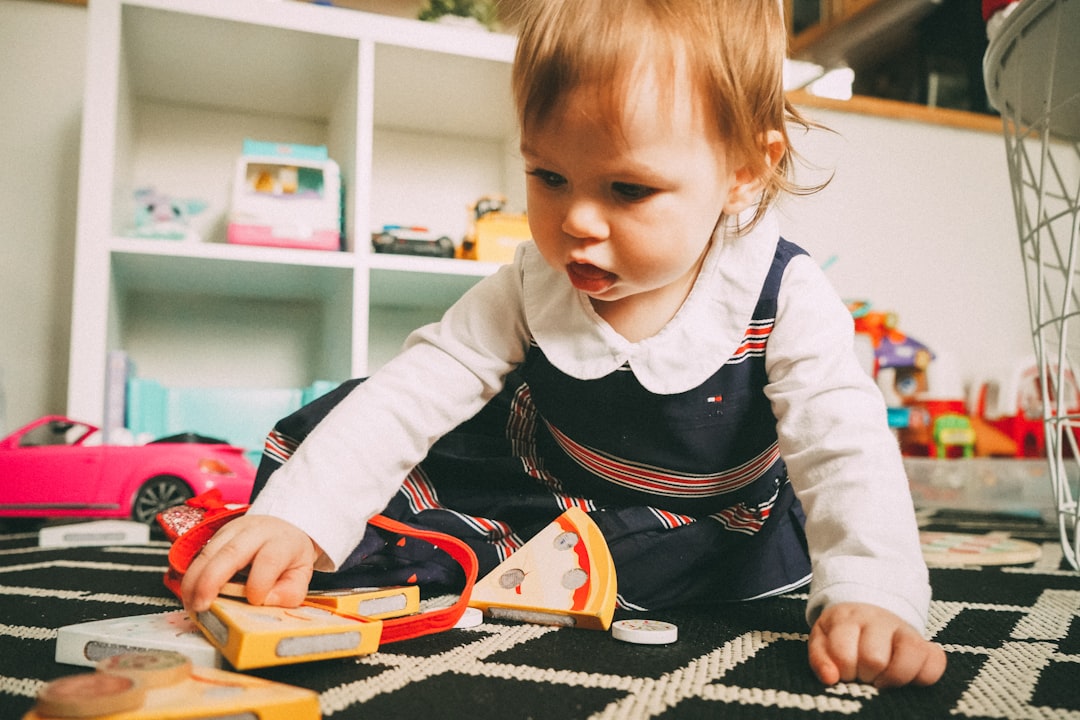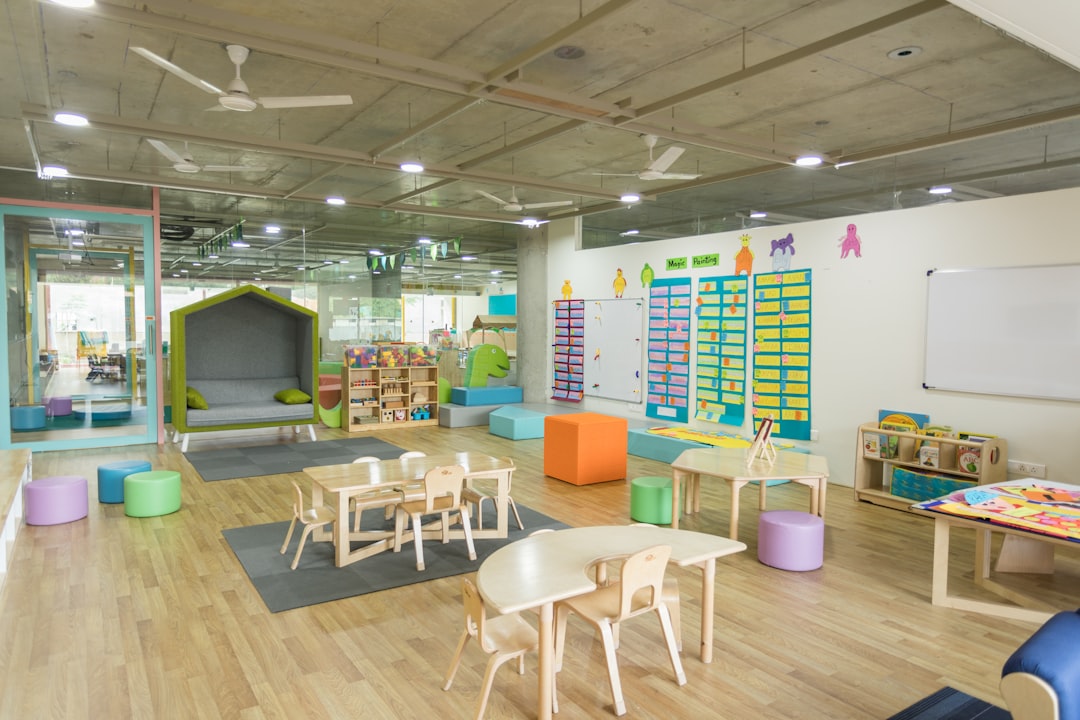Family Child Care Homes (FCCHs) in St. Louis, Missouri, are subject to stringent local laws aimed at ensuring child safety and well-being. These regulations cover staff-to-child ratios, health standards, background checks, and reporting procedures for suspected abuse or neglect. A daycare abuse law firm in St. Louis MO is crucial for FCCHs to navigate these complex rules, maintain compliance, avoid legal issues, and foster a secure environment for children.
“In St. Louis, Missouri, local laws play a pivotal role in shaping the operation of family child care homes, establishing critical standards for safety and child protection. This article delves into the intricate web of regulations that impact these intimate care settings, often referred to as daycare abuse law firm St. Louis MO. From understanding the unique dynamics of family childcare to exploring key legal frameworks, we examine how these laws affect safety measures, operator responsibilities, and available resources in St. Louis, ultimately shedding light on a crucial aspect of childhood welfare.”
Understanding Family Child Care Homes in St. Louis: A Overview
Family Child Care Homes (FCCHs) play a vital role in St. Louis, MO’s childcare landscape, especially for families seeking alternative options to traditional daycare centers. These homes provide a more intimate setting, often operated by individuals or small families, offering personalized care. In St. Louis, FCCHs are subject to local laws and regulations designed to ensure safety and protect the well-being of children in their care.
Understanding these legal frameworks is crucial for both caregivers and parents. Local laws address various aspects, including licensing requirements, staff-to-child ratios, health and safety standards, and reporting procedures for potential daycare abuse or neglect. A daycare abuse law firm in St. Louis MO can offer valuable insights and guidance to ensure FCCHs comply with these regulations, fostering a secure environment for the children in their care.
Legal Framework: Key Local Laws and Regulations Impacting Daycare Operations
In St. Louis, Missouri, the operation of family child care homes is governed by a stringent legal framework designed to ensure safety and well-being for children. Key local laws and regulations play a pivotal role in shaping the day-to-day operations of these homes, from licensing requirements to guidelines for staff-to-child ratios. Understanding these laws is crucial for daycare operators to maintain compliance and provide quality care.
Among the notable regulations, the daycare abuse law firm in St. Louis MO highlights strict rules on background checks for caregivers, mandatory reporting of suspected abuse or neglect, and specific safety protocols for managing emergencies. These laws not only protect children but also offer guidance on health and hygiene standards, curriculum requirements, and record-keeping practices. Adhering to these regulations is essential to avoid legal repercussions and ensure the home operates smoothly within the community.
The Effect of Law on Safety Standards and Child Protection
Local laws play a pivotal role in establishing safety standards and safeguarding children in family child care homes, especially in bustling cities like St. Louis, MO. These regulations are designed to prevent potential risks and protect young minds from any form of harm or daycare abuse. The impact of these laws is profound, as they set clear guidelines for caregivers, ensuring a secure environment for the children in their charge.
In St. Louis, MO, there are stringent rules and guidelines that childcare facilities must adhere to, particularly concerning child protection. These laws cover various aspects, including staff-to-child ratios, background checks for employees, and mandated reporting of any suspected abuse or neglect. A reputable daycare abuse law firm in St. Louis understands the importance of these regulations and helps ensure that family child care homes remain compliant, ultimately contributing to a safer community for children.
Implications for Daycare Operators: Rights, Responsibilities, and Challenges
Running a family child care home in St. Louis, MO comes with unique challenges and considerations due to local laws. Daycare operators must be aware of their rights and responsibilities under these regulations to ensure safe and legal operations. For instance, strict guidelines on health and safety standards, staff-to-child ratios, and reporting requirements are enforced by the Missouri Department of Social Services to prevent potential daycare abuse and neglect.
Compliance with local laws is crucial to avoid legal repercussions and maintain a positive reputation. However, navigating these regulations can be complex, especially regarding licensing, background checks, and insurance mandates. A daycare abuse law firm in St. Louis MO can offer invaluable assistance to operators, ensuring they understand their duties and protect themselves from unexpected legal issues.
Resources and Support for Daycares: Navigating Legal Requirements in STL
In St. Louis, Missouri (STL), family child care homes operate within a framework of local laws designed to ensure safety and protect children. These regulations can be complex, but they’re crucial for maintaining a secure environment. Daycare abuse law firms in STL play a vital role in guiding caregivers through these legal requirements, ensuring compliance, and promoting best practices. From licensing and inspections to reporting procedures and staff training mandates, understanding and adhering to local laws are paramount for daycare operators.
Resources and support are readily available through various channels, including city-sanctioned programs, non-profit organizations, and legal advocacy groups. Caregivers can navigate the complexities of these regulations with assistance from these entities, which offer guidance on topics like health and safety standards, child development practices, and handling administrative tasks. By leveraging these resources, family child care homes in STL can ensure they meet all legal obligations while providing a nurturing and stimulating environment for children under their care.





